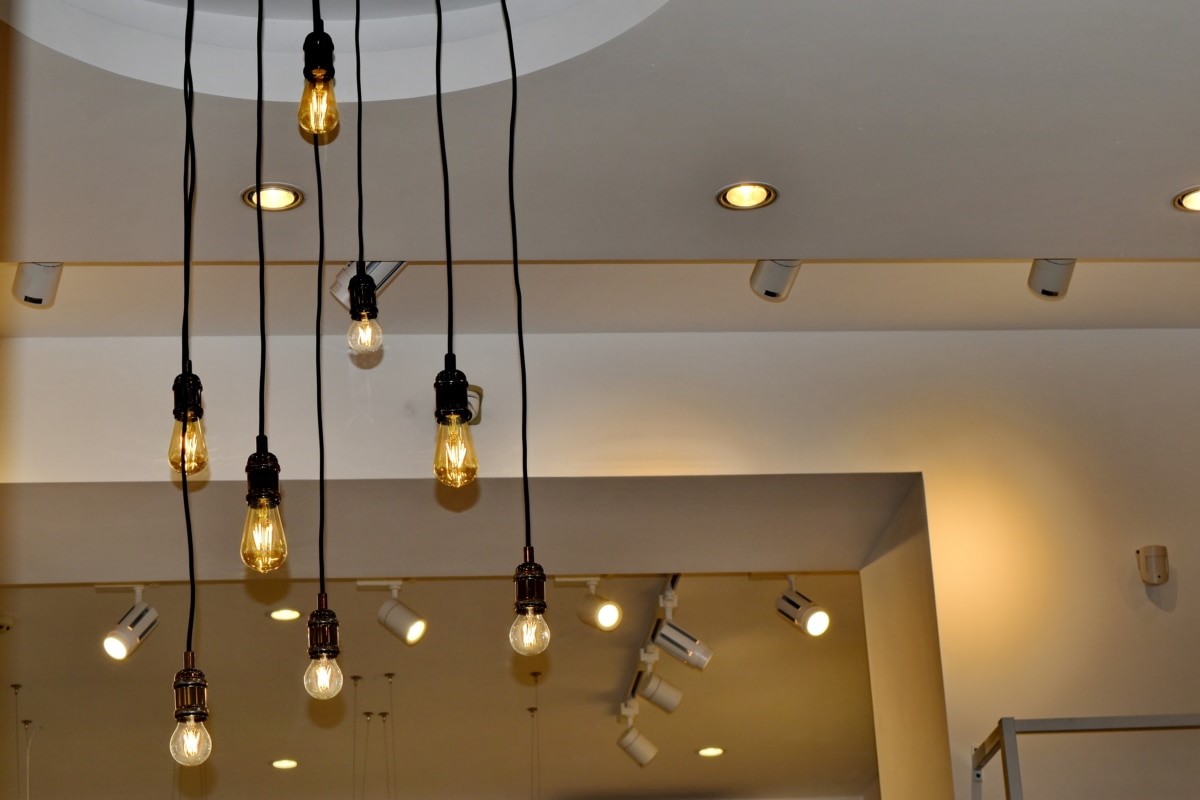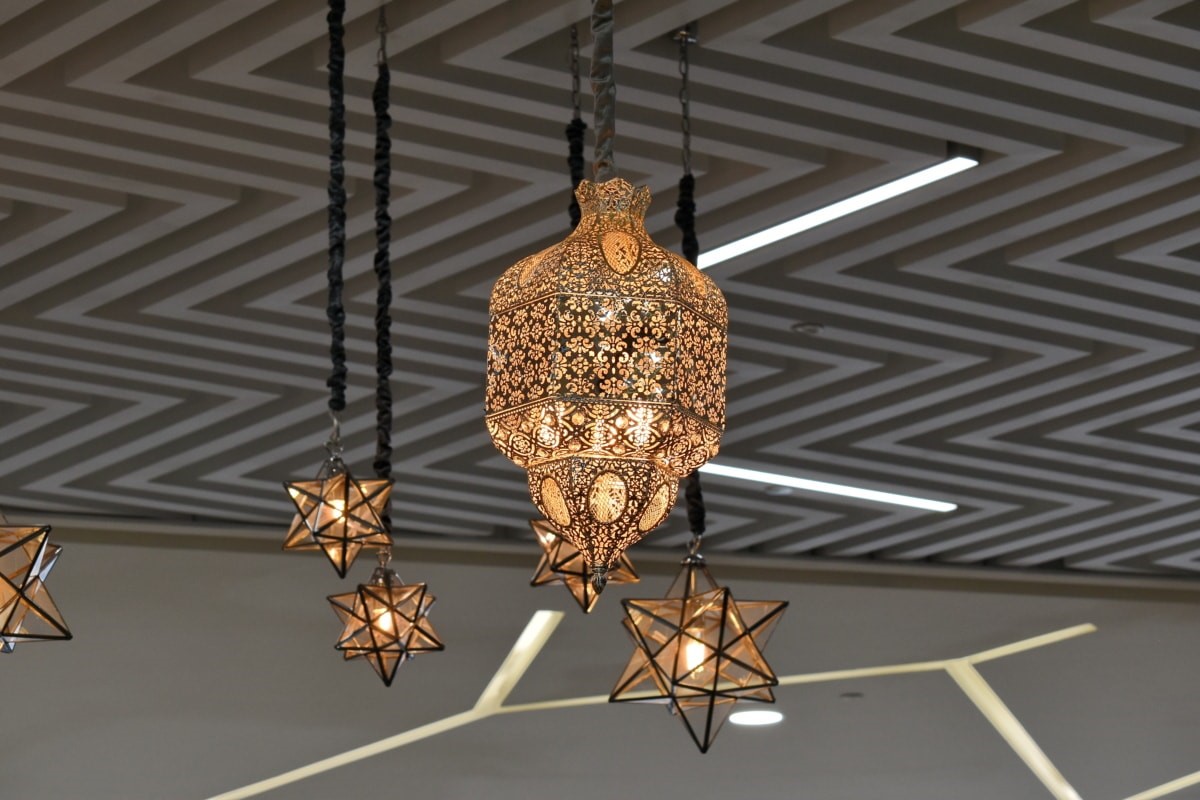The old joke of ‘how many people does it take to change a lightbulb’ might be dated, but the premise behind it remains the same.

Lightbulbs aren’t always straightforward when you consider the variations of size, type and fittings that are available on the market today. It’s not something you should scrimp on or overlook though. An article in Anj states that lighting is important in interior design as it improves aesthetic appeal and can change the ambience within a room.
But how should you go about choosing the right bulbs for your home?
Check the Fitting
It sounds obvious, but many people have been stumped in the shop when faced with the sheer number of lightbulb fittings – i.e. the way they fit into the light socket. Ideally, you should take your old bulb with you, but quite often the main three types of fitting are bayonet, screw-in or pinned bulbs. Usually each will come with a code, so if you can remember this you’ll get the right size and fitting next time you need to replace a bulb.
The Right Shape
The shape of a lightbulb will determine the way the light is angled and spread over a surface. For example, a globe-shape bulb will give a wider range than a spotlight. Think about the area the light is covering – a dining area, for example, may require a wide spread of light.

Learn About the Kelvin Scale
The Kelvin scale measures the ‘colour’ of your light. The scale itself actually measures temperature, but in terms of lightbulbs the two things go hand in hand. It will be worth your while to study this, especially if you have a strong preference for harsh blue light over warm yellow light, for example. The wattage (brightness) is also something you should consider. Lighting specialists such as https://encapsulite.co.uk/ will be able to give you some information on both the wattage chart and Kelvin scale.
Don’t Be Put Off by Initial Costs
Sometimes people are reluctant to spend a lot when looking at certain bulbs. LED lights, for example, are expensive, but they could save you hundreds in energy costs over the years. So do your research and work out which brand will benefit you and your needs, lifestyle and budget.
